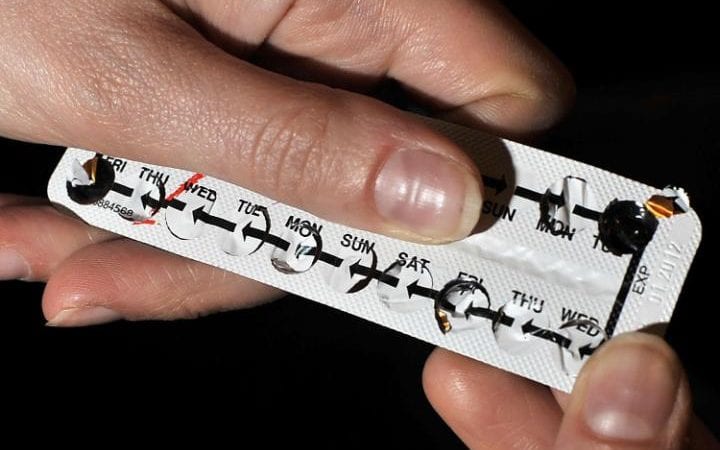
A fifth of male fish are now transgender because of chemicals from the contraceptive pill being flushed down household drains, a study by has suggested.
Male river fish are displaying feminised traits and even producing eggs, the study found. Some have reduced sperm quality and display less aggressive and competitive behaviour, which makes them less likely to breed successfully.
The chemicals causing these effects include ingredients in the contraceptive pill, by-products of cleaning agents, plastics and cosmetics, according to the findings.
Many other chemicals that are discharged through sewage treatment works can affect fish, including antidepressant drugs that reduce the natural shyness of some fish species
Professor Charles Tyler, of the University of Exeter, is to present his findings in a key-note lecture at a symposium this week. He will explain that the offspring of such “transgender” or “intersex” fish can also be more sensitive to the effects of these chemicals in subsequent exposures.
Professor Tyler said: “We are showing that some of these chemicals can have much wider health effects on fish that we expected.
“Using specially created transgenic fish that allow us to see responses to these chemicals in the bodies of fish in real time, for example, we have shown that oestrogens found in some plastics affect the valves in the heart.”
Tests showed 20 per cent of male freshwater fish, such as roach, at 50 sites had feminine characteristics.
More than 200 chemicals from sewage plants have been identified with oestrogen-like effects and drugs such as antidepressants are also altering fish’s natural behaviour, his study found.
“Other research has shown that many other chemicals that are discharged through sewage treatment works can affect fish, including antidepressant drugs that reduce the natural shyness of some fish species, including the way they react to predators,” Professor Tyler said.
Professor Tyler will present his findings in the opening lecture of the 50th Anniversary Symposium of the Fisheries Society in the British Isles at Exeter University from July 3 to 7.
Dr Steve Simpson, who has organised the symposium, said the week of talks would give “fish biologists from around the world a chance to exchange ideas and discuss how to protect dwindling fish populations in rapidly changing seas and rivers, before it is too late.”
Other research to be discussed at the event includes how the destruction of coral reefs and their distinctive sounds means fish are getting lost in the water, how fish are shrinking because of climate change and how power cables can disrupt how fish find sexual partners.
